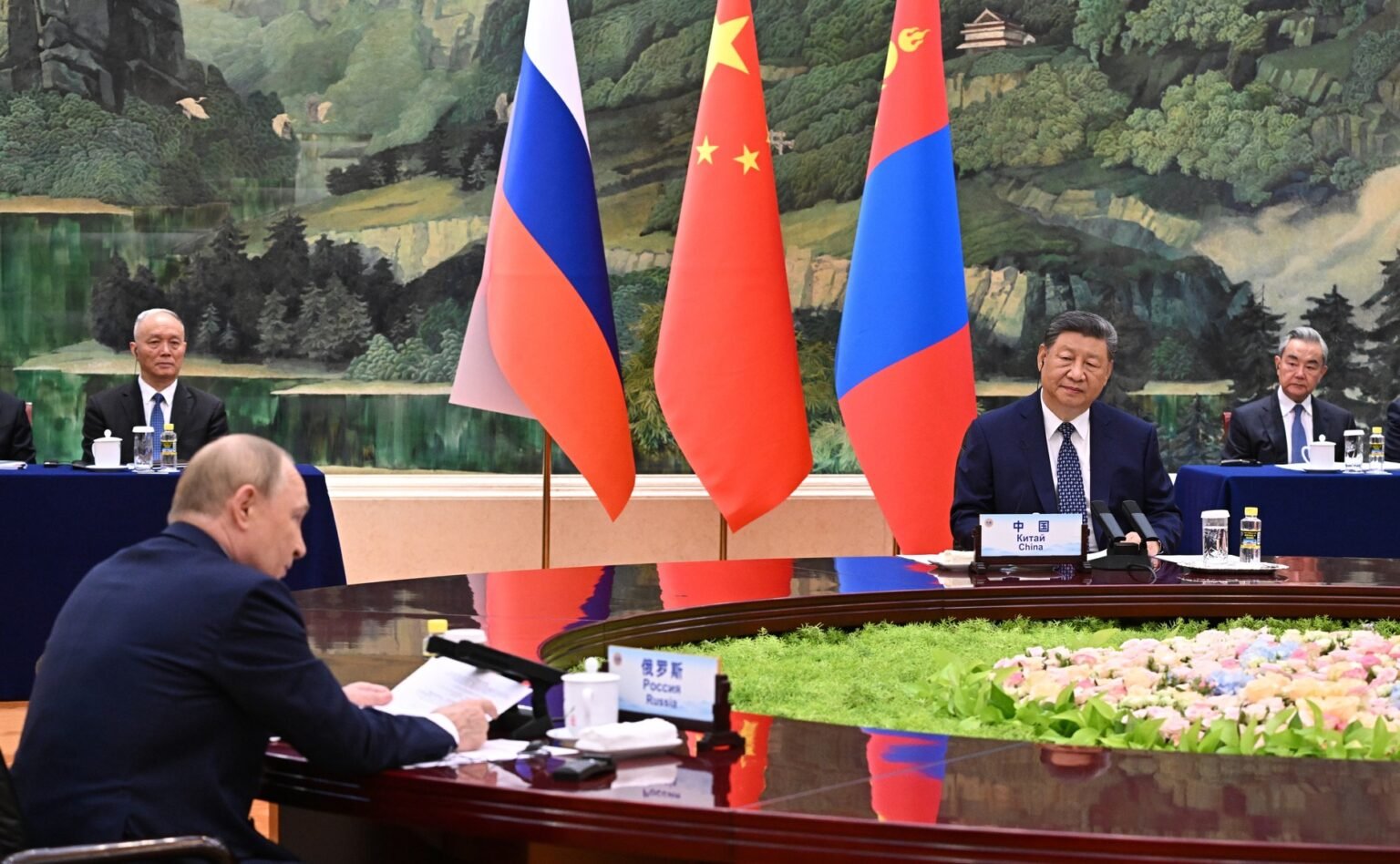Russia and China have taken a bold step to deepen their energy partnership by finalizing a legally binding memorandum to construct the Power of Siberia 2 natural gas pipeline. The announcement came during high-level meetings in Beijing involving Presidents Vladimir Putin, Xi Jinping, and Mongolian President Ukhnaagiin Khurelsukh, where more than 20 bilateral agreements across various sectors were signed.
The new pipeline is poised to deliver 50 billion cubic meters (bcm) of Russian gas annually to China via Mongolia over a 30-year period, marking it as one of the most ambitious and capital-intensive energy projects globally . Complementing this, Russia agreed to raise deliveries through the existing Power of Siberia pipeline from 38 bcm to 44 bcm per year.
The duo also committed to enhancing the Far Eastern Route, boosting its annual capacity from 10 bcm to around 12 bcm. Despite the breakthrough agreements, key aspects like pricing, construction financing, and project timeline remain unresolved, pending further negotiations.
Strategically, this accord underscores China’s growing leverage in the relationship and signals Moscow’s pivot to Asia as Western markets contract amid post-Ukraine conflict sanctions. Observers view the deal as a defiant gesture toward the West and a robust move in establishing a multipolar energy order.





